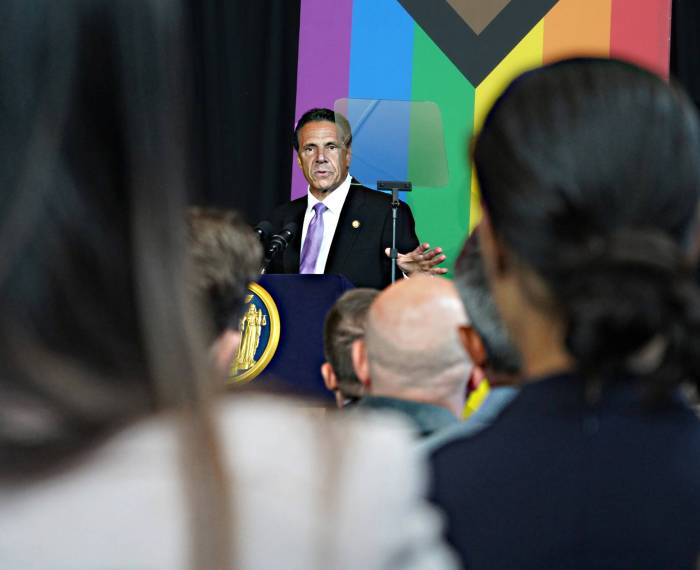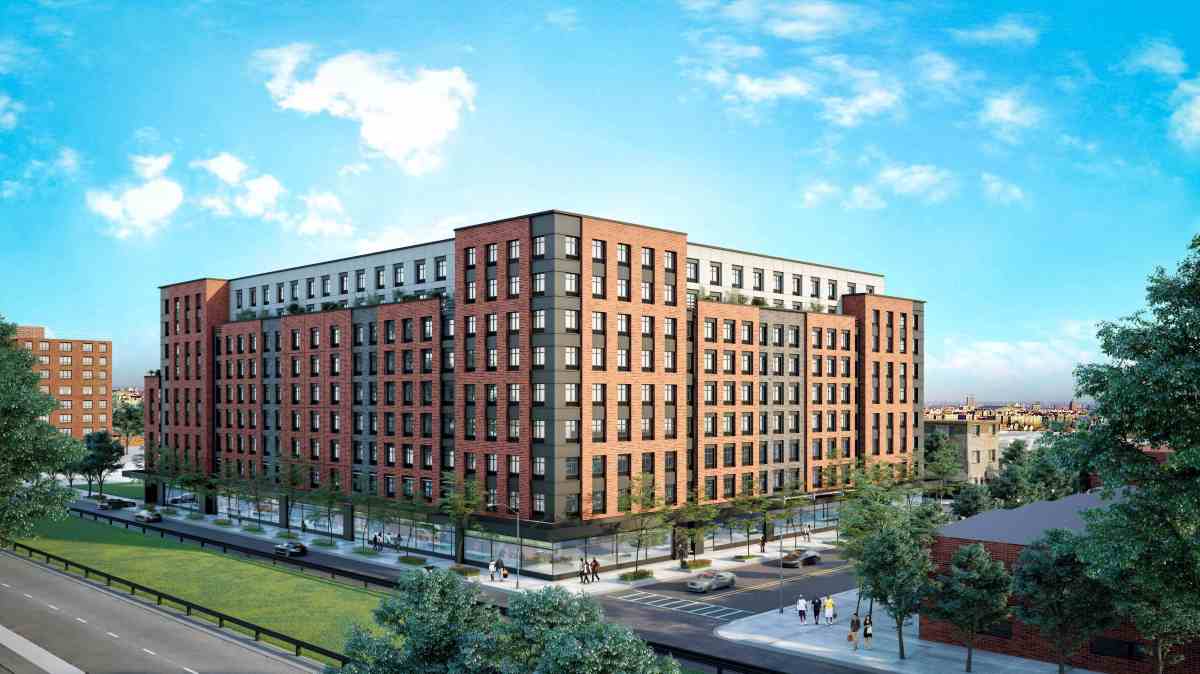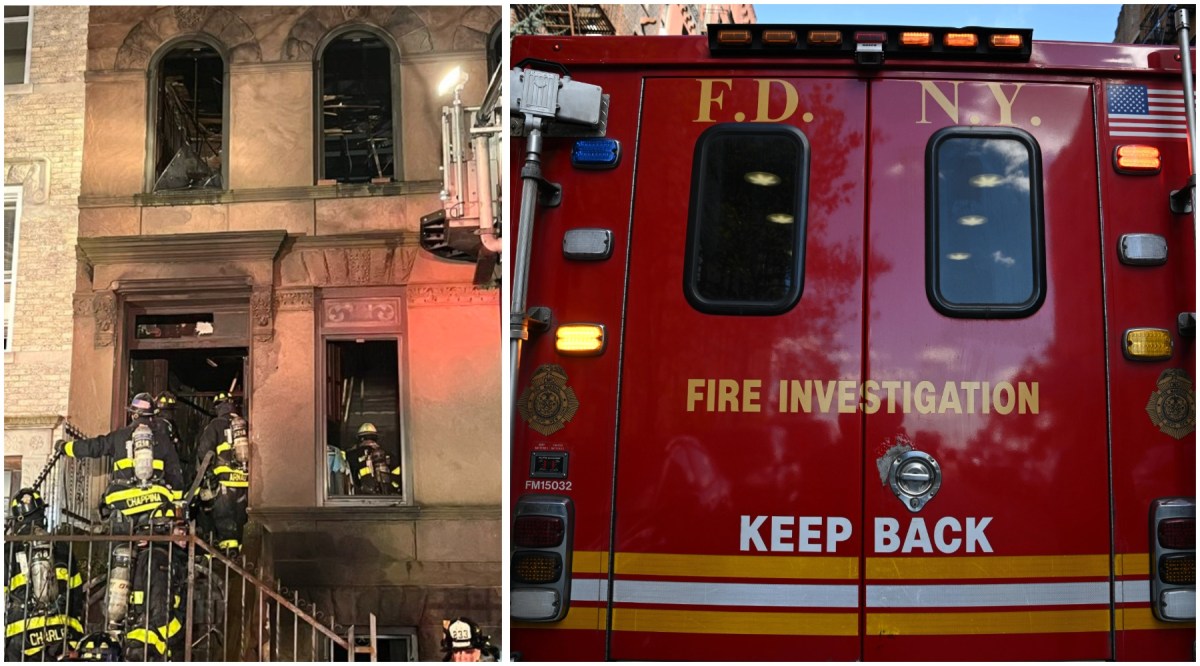State Attorney General Letitia James and her office heard appeals Wednesday from a litany of health care advocates urging greater action to tackle severe mental illness across the state.
“There is no doubt that New York is in the midst of a mental health crisis that has only worsened during the COVID-19 pandemic,” said Attorney General James prior to the hearing. “For decades, New York has seen a decline of short-term inpatient psychiatric beds, which are critical to providing consistent and thorough mental health care in our communities.
During the hearing, James heard from healthcare providers and advocates how mental health services have been failing New Yorkers experiencing mental health crises. Many speakers agreed it was due to the lack of available beds in hospitals, the stigma surrounding mental health illnesses and the lack of insured patients.
Across New York State, accessibility to inpatient psychiatric care has been seriously limited due to the pandemic, which forced hospitals to eliminate, convert or remove approximately 400 beds that were originally for psychiatric purposes in order to accommodate patients suffering from COVID.
“I think that there can be a perception that individuals who are experiencing homelessness can be malodorous or that they are perhaps disruptive,“ said Allyce Morissey, who testified on behalf of BronxWorks, a homeless services provider. “I think there’s challenges given that, I also think that sometimes the fact that someone doesn’t have an address can be a barrier to certain types of care.”
This year it is estimated that there are less than 5,000 adult short-term inpatient psychiatric hospital beds in New York State. According to a report by ProPublica, New York has just 274 psychiatric beds for children and adolescents.
This hospital bed shortage has contributed to homelessness, incarceration and more frequent hospital visits which limits bed space even further. When beds became limited due to the pandemic, patients were actually sent to hospitals outside of the city
“One example would be Brunswick Hospital in Long Island,” said Dr. Tony Carino. “There were oftentimes [where] we would have to call frequently, sometimes calling the director of psychiatry to have them call back the inpatient treating team, and one of the challenges was they just didn’t have as much familiarity with New York City services. [They had] less awareness about assisted outpatient treatment than about some of the discharge planning that’s really essential and it was a real shame that New York City, with so many resources, was sending patients out.”
Other advocates criticized how often, patients with serious mental illnesses are treated as criminals, and are met with police forces and are not people with a health problem.
“New York desperately needs more psychiatrists who are accessible to low-income people,” said Director of Policy at Urban Pathways Nicole McVinua. “The typical response to a mental health crisis call is still [to call] 9-11, and police are sent. And while there have been and continue to be efforts underway to remove police from mental health crisis response, access to alternatives are still not as widespread as are needed and none are available 24/7.”
Using the information and testimonies gathered during the hearing, Attorney General James hopes to seek methods and legislative solutions to mitigate and hopefully eliminate this healthcare crisis that currently impacts many New York communities.
“New York is in the midst – my friends – as we all know of a mental health crisis which has been exacerbated by the COVID-19 pandemic,” said James, opening the June 22 hearing. “Community-based care has been drastically under-resourced and robust, outpatient care is inaccessible. Data shows that since 2014, the number of seriously mentally ill people in homeless shelters, jails, prisons and on our streets has increased.”
James also declared her intention of remedying this crisis and getting some answers to ensure that those struggling with mental illness receive adequate and accessible care.
“Today we are hoping to get some answers,” said James. “What happened to the beds? How can we get them back? Where is the action to eradicate barriers to accessing these services? How are we addressing issues of capacity? Today we are going to try to get answers to these questions and many more that are fueling this crisis in care.”
Last updated 6/23/2022 10:35 am.

































